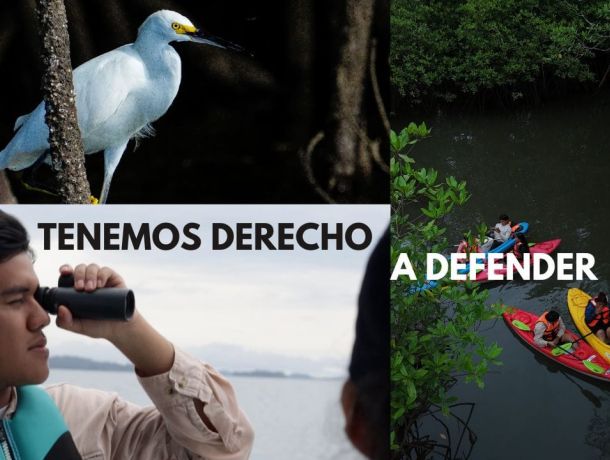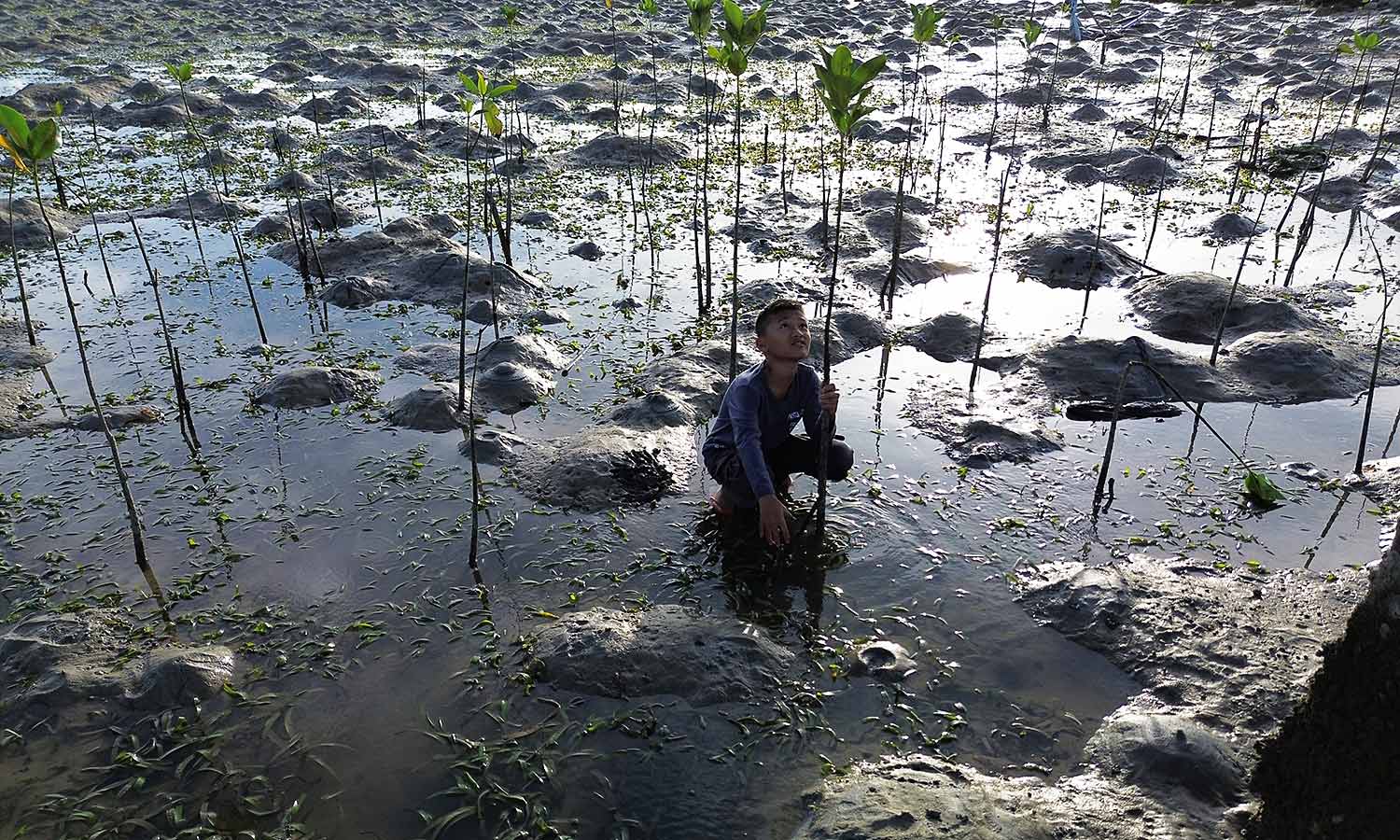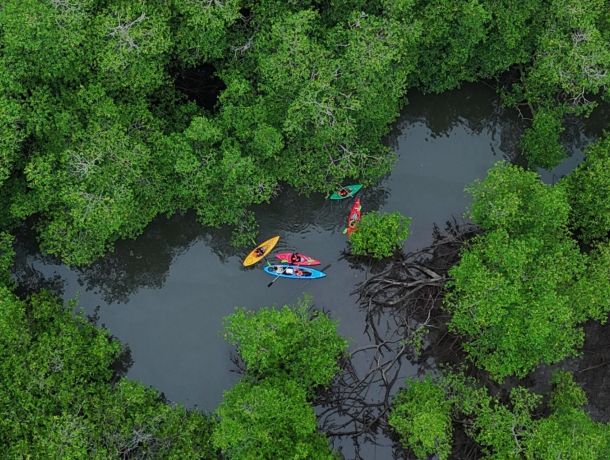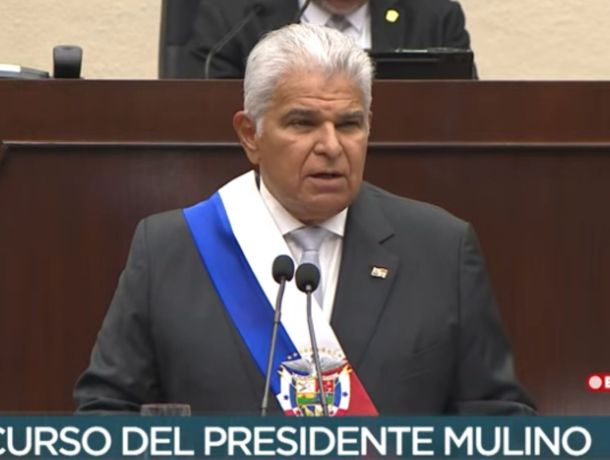
Environmental defense under attack: the reality of defenders in Panama and Latin America
- Cada año aumentan los ataques contra quienes defienden el ambiente y la vida. El informe de Global Witness advierte que América Latina sigue siendo la región más peligrosa para las personas defensoras, en un contexto marcado por impunidad, corrupción y Estados que no garantizan justicia ni protección.
- El Acuerdo de Escazú es una herramienta clave para cambiar esto: asegura el derecho a participar, acceder a información y exigir justicia ambiental. Defender el ambiente no debería costar la vida. Defendamos a quienes defienden.
- Attacks against those who defend the environment and life increase every year. The Global Witness report warns that Latin America remains the most dangerous region for defenders, in a context marked by impunity, corruption, and states that fail to guarantee justice or protection.
- The Escazú Agreement is a key tool to change this: it guarantees the right to participate, access information, and demand environmental justice. Defending the environment should not cost lives. Let’s defend those who defend it.

When Rights Are Not Enough
The world is living through an era of contradictions. Governments that sign climate agreements and pass environmental protection laws are often the same ones that approve megaprojects that destroy the ecosystems they claim to defend. In Panama, a pioneer in recognizing the Rights of Nature, this paradox is increasingly visible in a new trend: the systematic discrediting of environmental defenders.
A Global Pattern, a Panamanian Reality
According to the 2024 Defenders of the Earth report by Global Witness, Latin America remains the most dangerous region in the world for those who protect land and the environment. In 2024, 82% of these defenders were killed on the continent. Yet attacks are not always physical, they are also carried out through defamation, harassment, and smear campaigns.
In Panama, the pattern is clear: communities and NGOs warn about the impacts of projects like Puerto Barú in Chiriquí; authorities and companies respond by labeling them “anti-development” or “radical”; and social media amplifies this rhetoric, reinforcing silence and impunity.
When Official Discourse Denies Science
The Lynker Puerto Barú Independent Evaluation (December 6, 2024) demonstrates that the Puerto Barú project contradicts Panama’s climate and legal commitments. Its construction area includes the protected David Mangroves ecosystem, home to dolphins, birds, monkeys, iguanas, fish, crustaceans, and mollusks. Data reveal that significant populations of humpback and Bryde’s whales, as well as the critically endangered Pacific short-tailed shark (Carcharhinus cerdale), inhabit the Gulf of Chiriquí, including zones near the project’s proposed navigation channel.
Despite this, the official narrative insists that the project “will bring development and jobs,” while concealing the fact that its access canal would cut through a protected ecosystem, weakening coastal resilience and jeopardizing Panama’s commitments to climate action.
When Defending the Truth Becomes a Crime
Instead of responding to the evidence, many officials and private actors choose to ridicule, harass, and disseminate misinformation. Recent videos reveal how activists demanding respect for environmental law are mocked in a calculated effort to undermine the credibility of those defending life. Behind every targeted individual are lawyers, journalists, scientists, and community members fighting for a basic right: to live in a healthy environment.
Breaking the Cycle
Violence begins with impunity and ends in silence. To break this cycle, laws alone are not enough, we need institutions that protect defenders and heed scientific evidence. Panama has a historic opportunity. Its Rights of Nature Law (2022) can serve as a real shield against environmental destruction, if applied consistently. But as long as those defending mangroves are publicly attacked while extractive projects advance, the law will remain only words on paper.
Sources and References
Author
News
Related News

For more information contact:
The following 43 organizations endorse the No to Puerto Barú campaign
- CIAM Panamá
- Adopta Bosque Panamá
- PANACETACEA
- Proyecto Primates Panamá
- FUNDICCEP
- SOA Panamá
- AIDA
- Chilliapp
- Avaaz
- Alianza para la Conservación y el Desarrollo ACD
- Fundación Naturaleza Panama FUNAT
- Asociación Pro Defensa de la Cuenca del Río Juan Díaz APROCUENCA
- ICEDEP – Investigación, Comunicación y Educación para el Desarrollo
- CRECOBIAN – UNACHI
- ACOTMAR
- Fundación Cerro Cara Iguana
- Colectivo YA ES YA
- Fundación Balu Uala
- CEASPA
- Fundación Panameña de Turismo Sostenible
- Pro Eco Azuero
- Movimiento Vigilia Nueva Soberanía
- Hiking Feminista
- Fundacion Panama Sostenible (PASOS)
- Shark Defenders Panama
- Sociedad Audubon de Panama
- Movimiento Jóvenes y Cambio Climático
- Twin Oceans Research Foundation
- Fundación para la Proteccion del Mar – PROMAR
- Cámara de Turismo del Distrito de Barú
- Ecoamigos Barú
- Panamá Sostenible
- Proyecto ECOGRAFE
- Mar Alliance
- Estudio Nuboso
- Alianza Bocas
- Fundación Agua y Tierra
- PANAMA WILDLIFE CONSERVATION
- Organización de mujeres indigenas unidas por la biodiversidad de Panamá (omiubp)
- Fundación Movimiento MIMAR
- "APRODISO- Asociación de Profesionales de Darién para el Desarrollo Integral y Sostenible"
- Kincha Droma OBC
- RAM- Raices Ambientales Matusagarati

